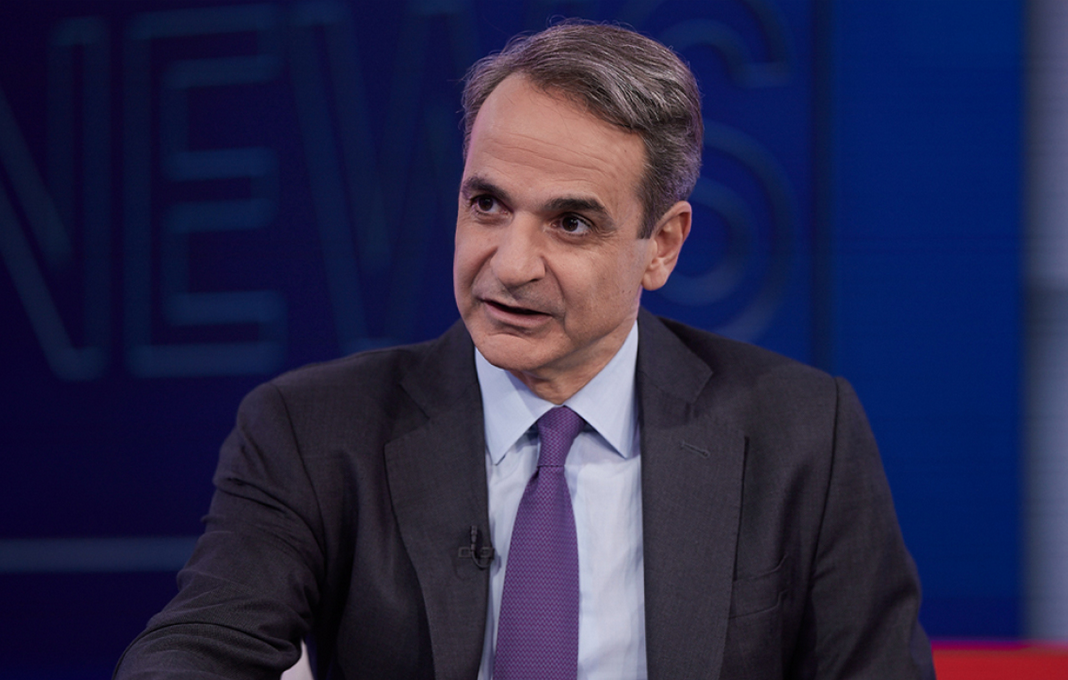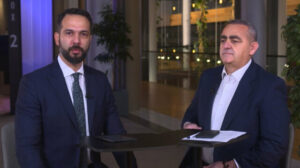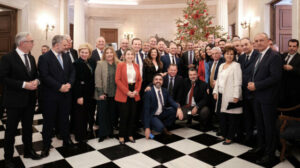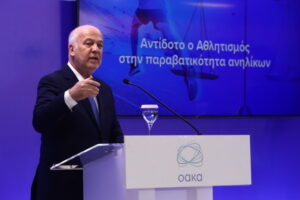A new discovery on Marco Polo was made possible thanks to the work of a team of young, brilliant Ca’ Foscari researchers (BIFLOW project, supervised by prof. Antonio Montefusco of the Department of Humanities), who have recently uncovered a previously unknown document that gives us a glimpse into Marco Polo’s life after his return to Venice and a year before his death.
This extremely important finding adds a piece of the puzzle to our current knowledge of the Venetian explorer’s biography and his connections to local religious orders.
Marcello Bolognari, who recently graduated from Ca’ Foscari and is now a scholarship recipient working for the “Biflow” project, has discovered a new document bearing the name of Marco Polo. This record, dating back to 1323, belongs to the Venice State Archive (where most of the documents produced by the institutional bodies of the Venetian Republic are kept) and it concern the acceptance of a bequest left by Giovanni dalle Boccole to the Dominican friars of the Santi Giovanni e Paolo convent in Venice.
The famous traveler «Marco Paulo de confinio Sancti Iohannis Grisostomi» was among the witnesses of this notary deed; in fact, Marco Polo was known to reside in that exact part of town, where his father Nicolo and his uncle Maffeo had acquired a house. To further confirm his identity, in the long list of clergymen included in the document, we find the names of Benevenuto and Centorio, the same Dominican friars who Marco Polo included in his will the following year.
Read more: archaeology news network
Ask me anything
Explore related questions





